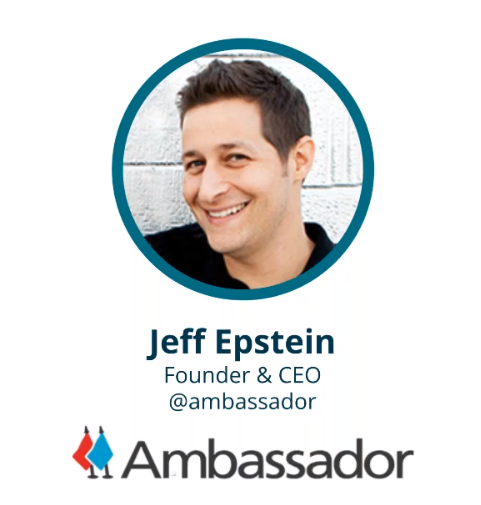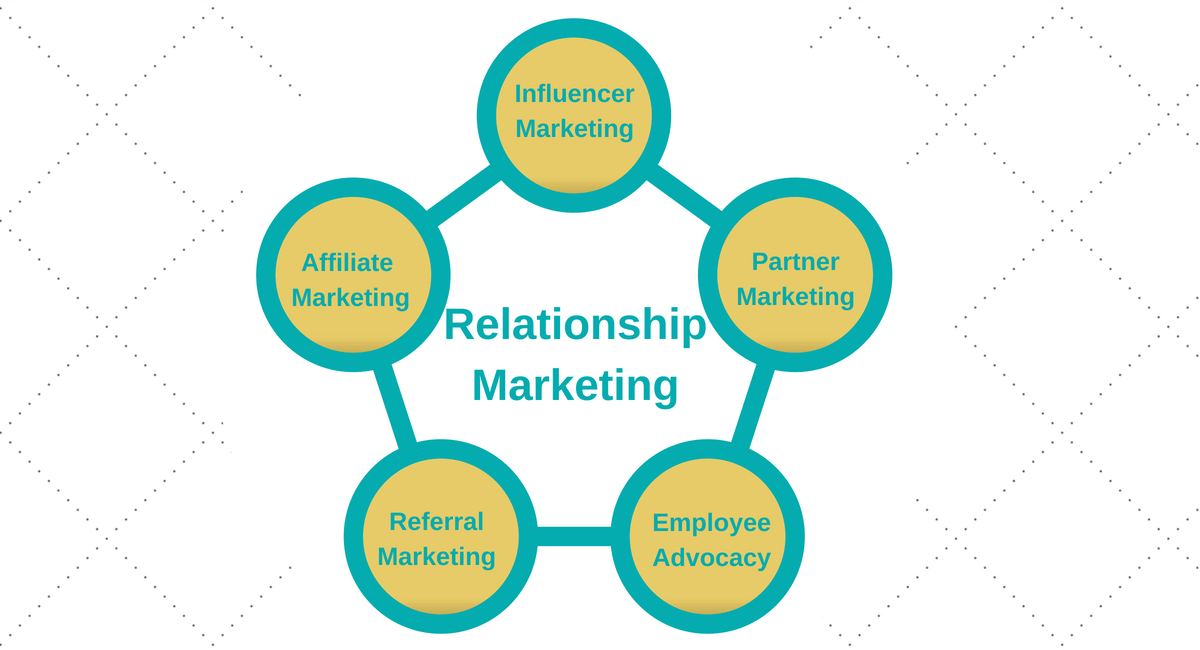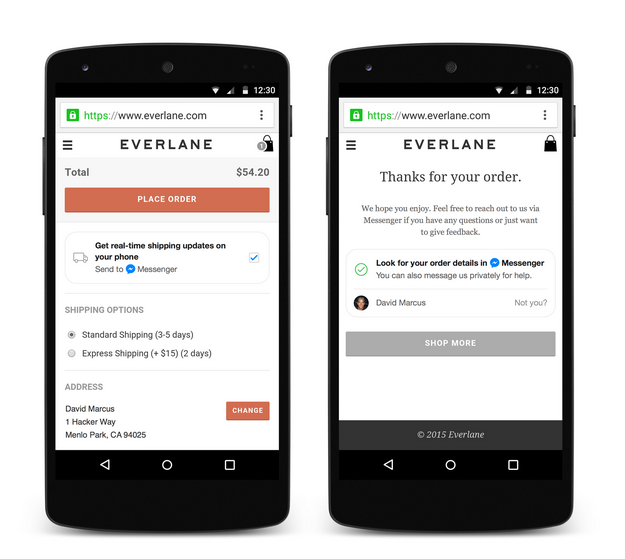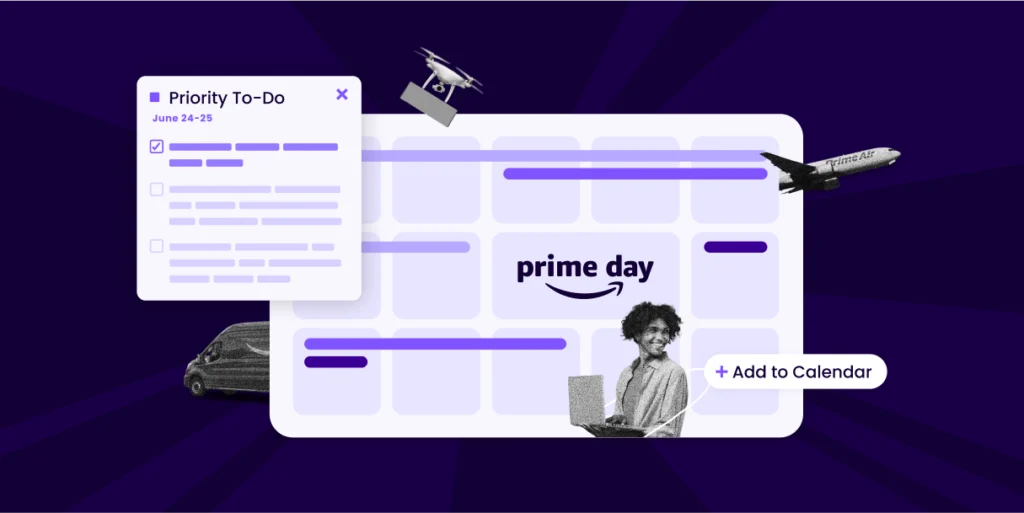If you’re not investing time and resources into relationship marketing, you may want to consider it. Relationship marketing focuses on making the most of the customers you already have, rather than devoting all your efforts to drumming up new business.
It’s a long-term strategy that aims to build brand loyalty, create strong customer connections and encourage regular, repeat business from your already existing clientele.
If done right, it can even help you create brand ambassadors – customers who love what you do and sell so much, they’re willing to share it, promote it and market it to others all on their own (and for free).
Relationship Marketing vs. Traditional Marketing
Relationship marketing is less transactional than traditional marketing strategies. It’s not laser-focused on closing one sale or making one conversion.
Instead, it’s all about developing a long-term, strong relationship with customers that already exist. This, in turn, encourages repeat business, rather than just one-off purchases.

“What we mean by relationship marketing is creating positive brand awareness and growth for a business through understanding, fostering, and leveraging its relationships.”
– Jeff Epstein, Founder & CEO at Ambassador

According to Epsetin, Relationship Marketing consists of 5 segments including:
-
- Influencer Marketing – A modern take on affiliate marketing, influencer marketing financially incentivizes individuals with large, captive following in specific niches, empowering them to drive awareness and revenue for brands.
-
- Partner Marketing – Paying a commission or fee to companies such as distributors, resellers, agencies, and other third party firms to promote leads and sales.
-
- Employee Advocacy – The self-promotion of a business by its team to generate positive exposure and raise awareness for their brand.
-
- Referral Marketing – The practice of using rewards to motivate passionate advocates and customers to directly refer their networks to brands.
-
- Affiliate Marketing – A transaction between company and entity with a passive, financially-driven relationship where the business receives customers or leads in exchange for monetary incentives.
Creating a Relationship Marketing Strategy:
There’s no one way to go about relationship marketing. It takes a good balance of tech, tools and hands-on interaction to get it right, but when the balance is struck, it can mean serious dividends (and less work for that money) for the long haul.
Here’s what you need to create an effective relationship marketing strategy:
1. A great customer service team

Naturally, you need a great customer service team if you want great customer relationships. Anyone who plays a role in the customer experience – whether on the phone, in person or just on social media — should be specially trained on customer interactions.
- What is their goal for the interaction?
- What solutions can they offer when there’s a problem?
- What other tactics can they use to foster brand loyalty and encourage repeat business?
2. A good CRM tool
CRM tools help you store information on customers, track communication and ensure proper follow-up. They also make organizing and managing your customer relationships easier, too. Top CRMs include: Nimble, HubSpot, Zoho and Insightly.
BLOG POST: “How Brands Can Use Hard-Earned CRM Data To Increase Sales on Facebook and Google“
You don’t want to automate all of your marketing, but automation tools can definitely fill in the gaps when you’re short-handed or just want to be sure every customer is tended to in a timely fashion.
Use them to supplement your already awesome customer service team, and they can make your relationship marketing strategy that much more effective.
3. A comprehensive customer-facing presence

Today’s customers can interact with you in dozens of ways. They can call you, stop by your store, chat with your web bot, email your customer service team, submit a form or even just tweet you a question.
If you want to satisfy those customers no matter how or when they contact you, you need to make sure your coverage is comprehensive.
- Is someone always staffing your social media accounts?
- Are there dedicated people watching each customer-facing email account?
Be comprehensive and make sure you have the resources to fully deliver on each potential touch point that’s out there. Quick, thorough and friendly responses are vital to a great customer relationship.
4. Detailed data about your customers
In order to truly build a relationship with your customers, you need to make a connection with them – and that means getting to know them first.
Use data from your advertising campaigns and other marketing efforts, as well as data customers have provided to you themselves (past orders, addresses, names, interests, job titles, etc.), and really personalize their experiences based on that info.
Put their name in emails, or send them updates about sales on complementary items for past purchases. Show them you take in interest in what they care about.
“Email is very powerful in the world for ecommerce, but it’s only as effective at driving sales as your mobile site experience and CRO. Because at the end of the day, email is just a tool. You also have social, PPC, and Amazon as potential tools,” Kestrel Lemen, Email Marketing Director at CPC Strategy said in a recent interview.
“If we pare email down to its main function, it’s retention marketing–a way to keep people coming back. But don’t get too comfortable with your strategy–always be thinking ahead about what your customers want.”
It might seem like a lot, but once all the pieces are in place, relationship marketing should come naturally. Just make sure you follow up once in a while to assess how you’re doing.
Check in on your reviews, and send out occasional surveys to customers. Find out what you’re doing right and what you could do better, and adjust, recalibrate and try again. Customer needs and preferences change often, so changing up your strategy once in a while will probably be necessary, too.
You Might Be Interested In












